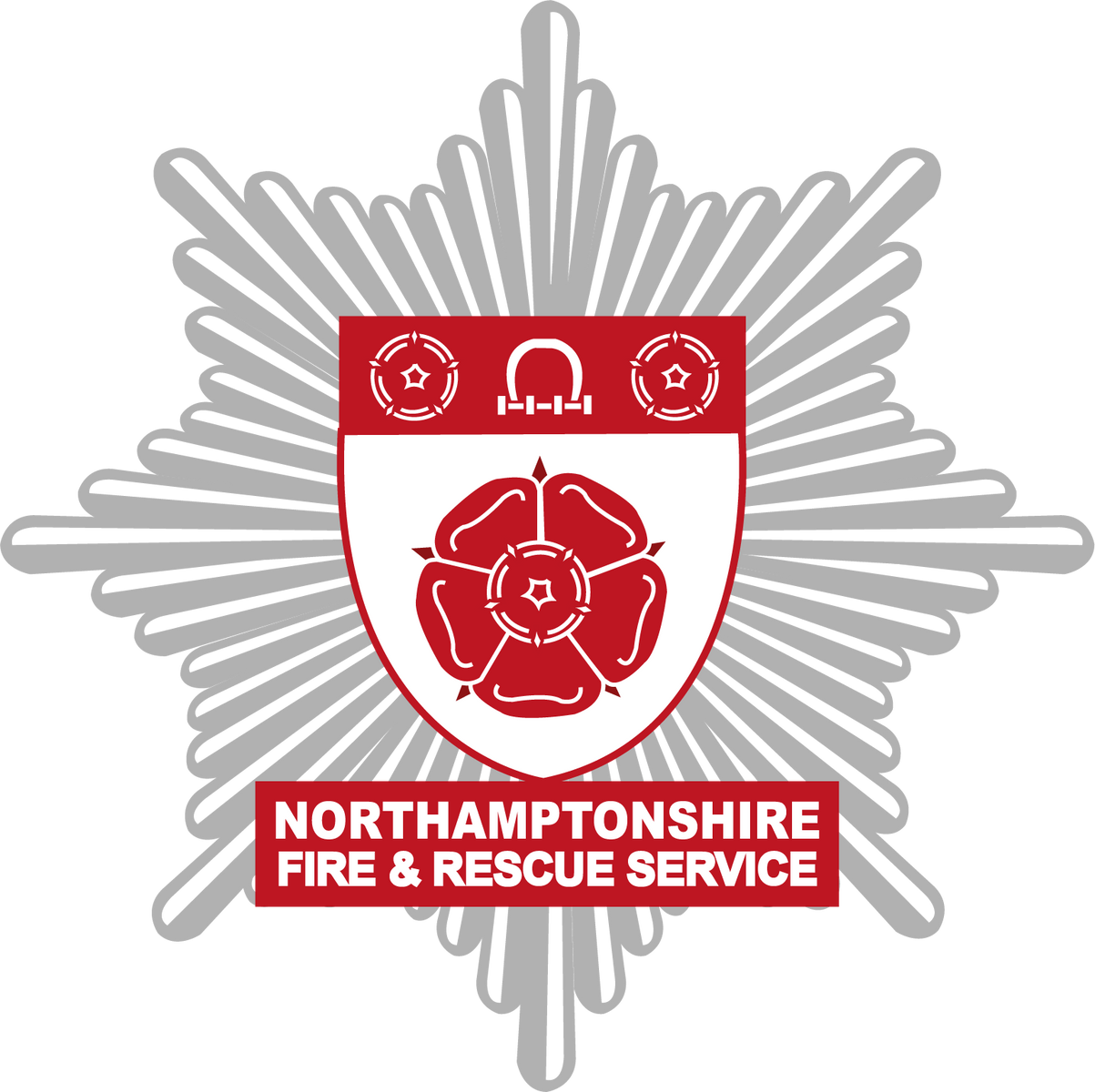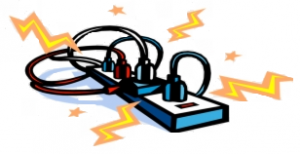
Firefighters in Northamptonshire are this week supporting a national campaign to raise awareness of water safety and the risks of drowning.
Throughout this week (April 29-May 5), the National Fire Chiefs Council (NFCC) will be running the Be Water Aware campaign, reminding people about the danger of accidental falls into water.
According to national figures, in 2017, 255 people accidentally drowned in the UK. In addition, 75 UK nationals drowned while abroad during the same year.
District Liaison Officer Tina Collett, of Northamptonshire Fire and Rescue Service (NFRS), said: “This campaign week is so important as it focuses on those people who accidentally fall into the water and drown.
“In a way, it tries to prepare people for something they may never have considered might happen to them. When going for a run, walking or cycling near water, many may never have thought about the possibility of falling in and what they would do if that did happen.
“We hope this campaign will help raise awareness of the kind of steps you can take to avoid accidental falls into water as well as sharing knowledge with people about what to do if that scenario does happen.”
NFCC’s Drowning Prevention and Water Safety Lead, Chief Fire Officer Dawn Whittaker, said: “Most people would be shocked to hear that those people who drowned just happened to be taking part in everyday activities near water, like going for a run or a walk.
“They are unaware of the risks and are totally unprepared for the scenario of ending up in the water. By highlighting this issue and making sure simple safety messages reach them we hope to reduce the number of these needless and preventable deaths.”
Water safety tips:
- If you are going for a walk or run near water, stick to proper pathways and stay clear of the water’s edge
- Make sure conditions are safe, avoid walking or running near water in the dark, in slippery conditions or in bad weather
- If you’ve had alcohol, don’t enter the water, avoid walking alone and avoid routes near water
- Never enter the water to try and help a person or animal. Always call 999 and use any water rescue equipment if it is available
- If you are spending time near water, whether at home or abroad, make sure you are familiar with local safety information and children are fully supervised at all times







 Fire Risk Assessment (worked example for House in Multiple Occupation (HMO)) (PDF 389KB)
Fire Risk Assessment (worked example for House in Multiple Occupation (HMO)) (PDF 389KB)
